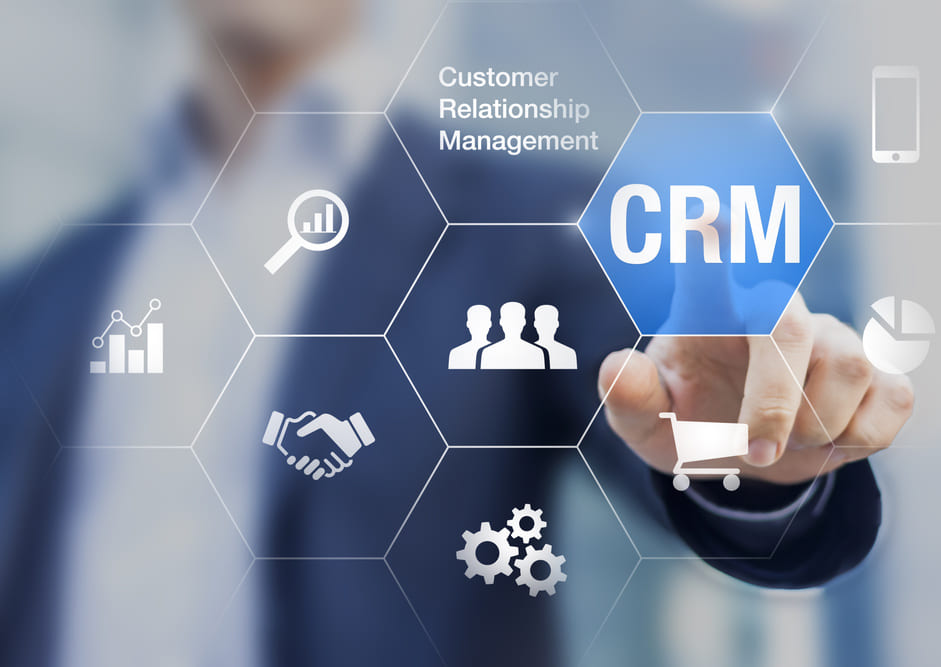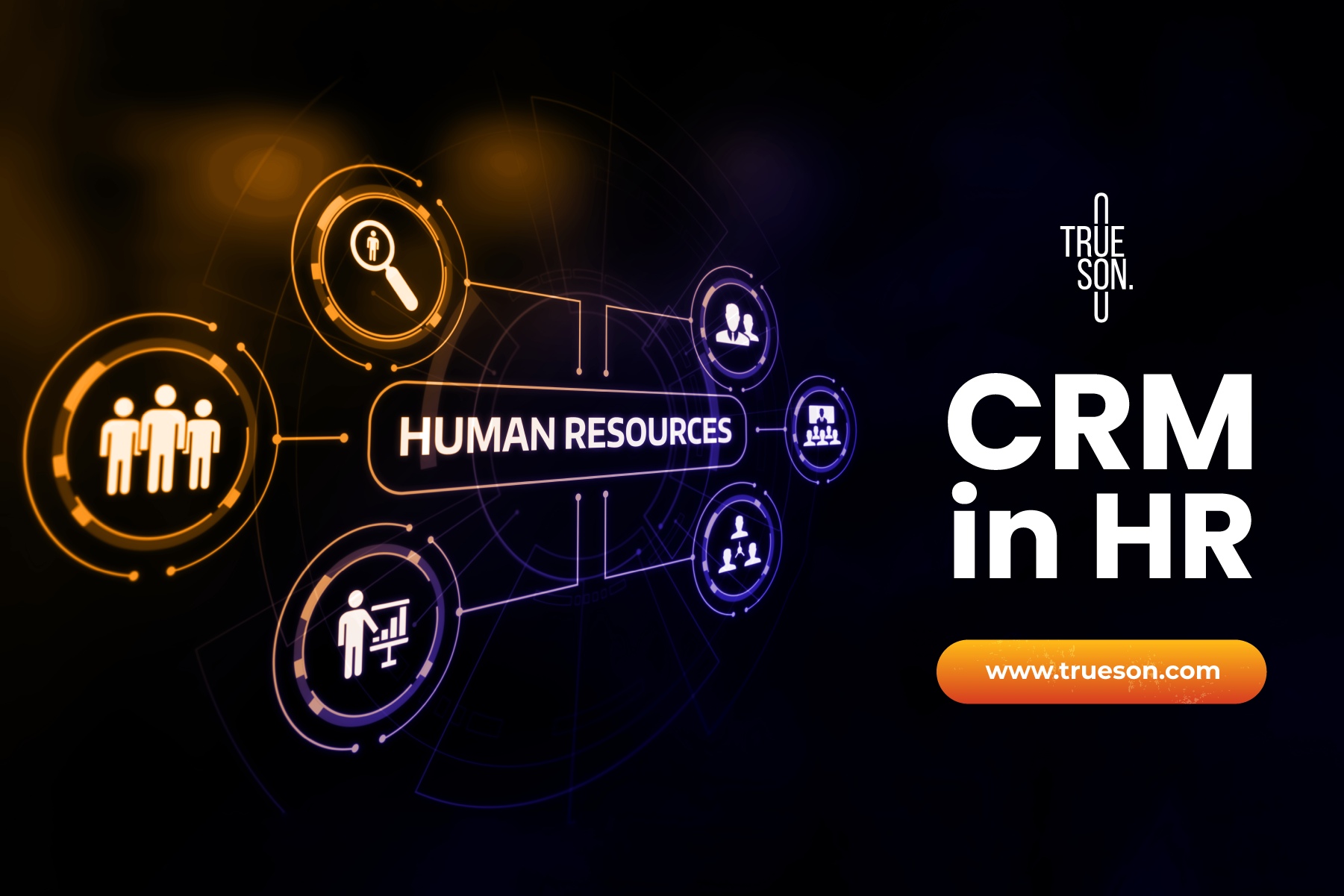CRM for HR Consultants: Streamline Your HR Processes offers a comprehensive overview of the benefits and features of using a CRM system specifically designed for HR consultants. By providing real-world examples and practical tips, this guide will empower you to make informed decisions about selecting and implementing a CRM that will revolutionize your HR consulting practice.
With a CRM, HR consultants can centralize their client data, automate tasks, and gain valuable insights to drive their business forward. This guide will explore the key considerations for choosing the right CRM, best practices for implementation, and strategies for leveraging a CRM to manage HR processes efficiently.
CRM for HR Consultants
Customer Relationship Management (CRM) systems are essential tools for HR consultants who want to improve their business. A CRM can help HR consultants manage their relationships with clients, track their progress, and automate their marketing and sales processes.
Benefits of Using a CRM for HR Consultants
There are many benefits to using a CRM for HR consultants, including:
- Improved client management: A CRM can help HR consultants keep track of all of their client information in one place. This includes contact information, project history, and billing information.
- Increased productivity: A CRM can help HR consultants automate their marketing and sales processes. This can free up their time so they can focus on more important tasks, such as building relationships with clients.
- Better decision-making: A CRM can provide HR consultants with valuable insights into their business. This information can help them make better decisions about how to grow their business.
Key Features of a CRM for HR Consultants
When choosing a CRM, HR consultants should look for a system that includes the following features:
- Contact management: The CRM should allow HR consultants to easily store and manage contact information for their clients, candidates, and other contacts.
- Project tracking: The CRM should allow HR consultants to track the progress of their projects. This includes tracking the status of each project, the tasks that need to be completed, and the deadlines for each task.
- Marketing and sales automation: The CRM should allow HR consultants to automate their marketing and sales processes. This includes sending out email campaigns, scheduling appointments, and tracking leads.
- Reporting and analytics: The CRM should provide HR consultants with valuable insights into their business. This information can help them make better decisions about how to grow their business.
Examples of How HR Consultants Can Use a CRM to Improve Their Business
Here are a few examples of how HR consultants can use a CRM to improve their business:
- Manage client relationships: A CRM can help HR consultants keep track of all of their client information in one place. This includes contact information, project history, and billing information. This information can be used to build stronger relationships with clients and to provide them with better service.
- Track project progress: A CRM can help HR consultants track the progress of their projects. This includes tracking the status of each project, the tasks that need to be completed, and the deadlines for each task. This information can be used to ensure that projects are completed on time and within budget.
- Automate marketing and sales processes: A CRM can help HR consultants automate their marketing and sales processes. This includes sending out email campaigns, scheduling appointments, and tracking leads. This information can be used to generate more leads and close more deals.
- Generate reports and analytics: A CRM can provide HR consultants with valuable insights into their business. This information can be used to make better decisions about how to grow their business.
Choosing the Right CRM for HR Consultants

Choosing the right CRM for HR consultants is essential for streamlining your recruitment and talent management processes. With a CRM, you can manage your candidate and client relationships, track your progress, and automate your workflows. Here are a few key factors to consider when choosing a CRM for HR consultants:
The type of CRM system you need will depend on your specific needs. There are three main types of CRM systems:
Types of CRM Systems
- Operational CRM:This type of CRM system is designed to help you manage your day-to-day operations, such as tracking your sales pipeline and managing your customer relationships.
- Analytical CRM:This type of CRM system is designed to help you analyze your data and make better decisions. It can help you identify trends, track your progress, and improve your ROI.
- Collaborative CRM:This type of CRM system is designed to help you collaborate with your team and share information. It can help you track your projects, manage your tasks, and share your files.
Once you have considered these factors, you can start to compare the different CRM systems available. Here is a table of the top CRM systems for HR consultants:
Comparison Table of Top CRM Systems for HR Consultants
| CRM System | Features | Pricing |
|---|---|---|
| Zoho Recruit | – Applicant tracking
|
– Starting at $29/month |
| Greenhouse | – Applicant tracking
|
– Starting at $99/month |
| Bullhorn | – Applicant tracking
|
– Starting at $249/month |
Implementing a CRM for HR Consultants

Implementing a CRM for HR consultants involves several key steps, including planning, selection, configuration, and training. However, HR consultants may encounter challenges such as data integration, user adoption, and ongoing maintenance.
Planning
- Define the business objectives for implementing a CRM.
- Identify the specific needs and requirements of HR consultants.
- Establish a budget and timeline for implementation.
Selection
- Research and evaluate different CRM solutions.
- Consider factors such as functionality, ease of use, and integration capabilities.
- Select a CRM that aligns with the specific needs of HR consultants.
Configuration
- Customize the CRM to meet the specific requirements of HR consultants.
- Configure workflows, dashboards, and reports.
- Integrate the CRM with other relevant systems, such as HRIS and email marketing platforms.
Training
- Provide comprehensive training to HR consultants on how to use the CRM effectively.
- Cover all aspects of the CRM, including data entry, reporting, and communication.
- Ensure that HR consultants have the necessary knowledge and skills to maximize the benefits of the CRM.
Challenges
- Data integration: Ensuring seamless integration with existing HR systems and other relevant data sources.
- User adoption: Encouraging HR consultants to embrace the CRM and utilize its features effectively.
- Ongoing maintenance: Keeping the CRM up-to-date with software updates and ensuring data accuracy.
Best Practices, Crm for hr consultants
- Involve HR consultants in the implementation process to ensure their needs are met.
- Start with a pilot program to test the CRM and gather feedback before full implementation.
- Provide ongoing support and training to HR consultants to ensure they are using the CRM effectively.
Using a CRM to Manage HR Processes

HR consultants can leverage a CRM system to streamline their HR processes, automate tasks, and enhance their overall efficiency. Here’s how a CRM can help HR consultants manage their processes:
By utilizing a CRM, HR consultants can centralize and manage all their HR-related data in one place, enabling them to access and retrieve information quickly and easily. This eliminates the need for manual record-keeping, reduces the risk of errors, and improves data accuracy.
Streamlining Workflow
A CRM streamlines HR consultants’ workflow by automating repetitive tasks, such as scheduling appointments, sending follow-up emails, and generating reports. This automation frees up HR consultants’ time, allowing them to focus on more strategic and value-added activities.
Benefits of Using a CRM
- Centralized data management
- Improved data accuracy
- Automated tasks
- Streamlined workflow
- Enhanced efficiency
Integrating a CRM with Other HR Systems

Integrating a CRM with other HR systems can streamline HR processes and improve efficiency. By connecting different systems, you can automate tasks, reduce data duplication, and gain a comprehensive view of your HR data.
There are many different types of HR systems that can be integrated with a CRM, including:
- Applicant tracking systems (ATS)
- Performance management systems
- Learning management systems (LMS)
- Payroll systems
- Benefits administration systems
The specific systems you integrate will depend on your organization’s needs. However, there are some general steps you can follow to integrate a CRM with other HR systems:
- Identify the systems you want to integrate.
- Map the data fields between the systems.
- Establish a data integration process.
- Test the integration.
- Monitor the integration.
By following these steps, you can ensure that your CRM is integrated with other HR systems in a way that meets your organization’s needs.
Last Recap: Crm For Hr Consultants
In conclusion, a CRM for HR consultants is an indispensable tool that can transform the way you manage your HR consulting practice. By streamlining your processes, automating tasks, and providing valuable insights, a CRM can help you deliver exceptional services to your clients and grow your business.
Expert Answers
What are the benefits of using a CRM for HR consultants?
CRM systems for HR consultants offer numerous benefits, including centralized client data, automated tasks, improved communication, enhanced collaboration, and valuable insights for data-driven decision-making.
What are the key features to look for in a CRM for HR consultants?
When choosing a CRM for HR consultants, consider features such as candidate management, applicant tracking, client relationship management, project management, and reporting and analytics.
How can HR consultants use a CRM to improve their business?
HR consultants can use a CRM to streamline their workflow, automate tasks, improve client communication, gain valuable insights into their business, and ultimately grow their revenue.